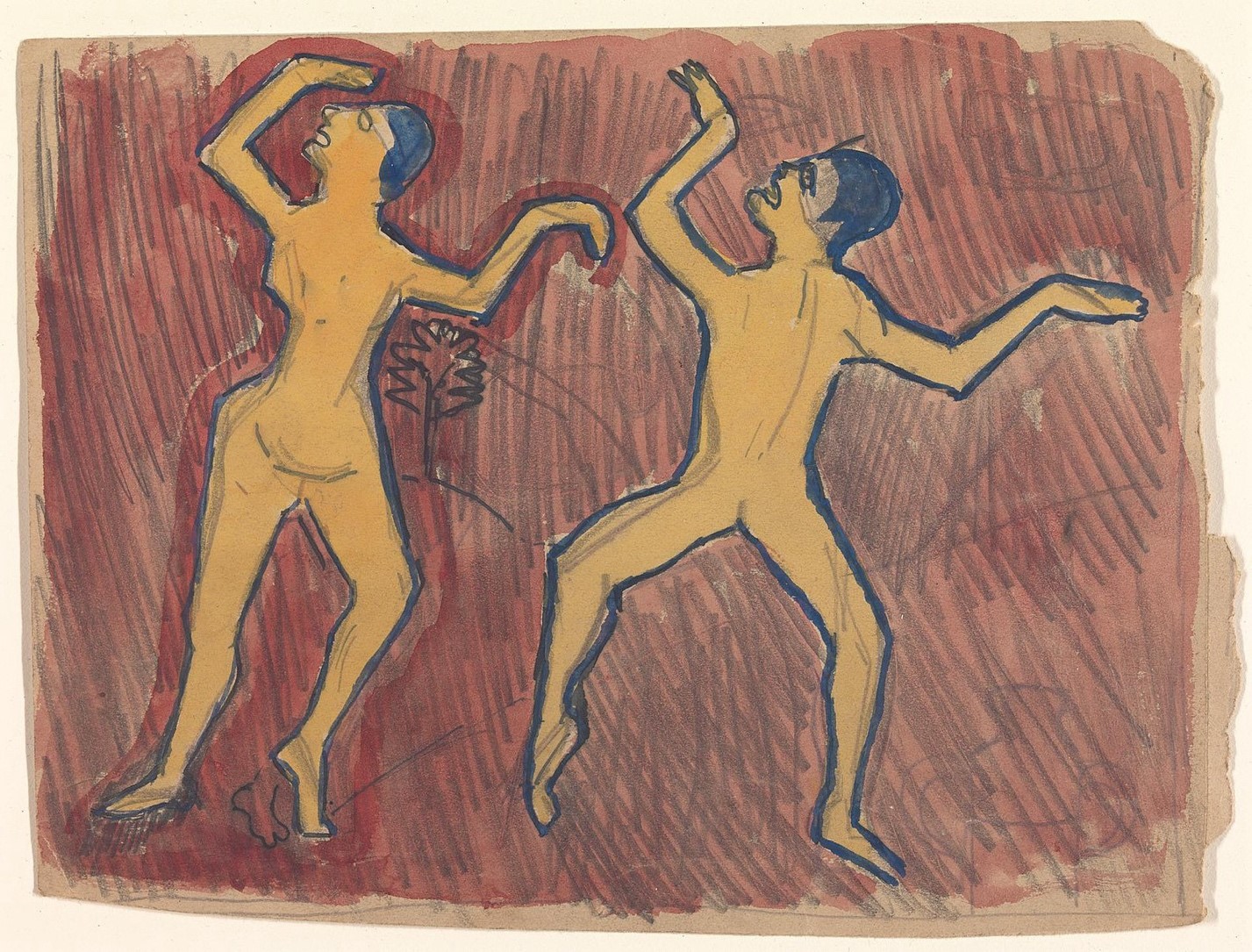Hartley Residency - Tim Barringer Event
.jpg)
- Time:
- Date:
- 2024-11-19 00:00:00 2024-11-20 00:00:00
- Venue:
- Highfield Campus, Southampton and Southampton City Art Gallery
Event details
Tim Barringer is Paul Mellon Professor of the History of Art at Yale University. He has published widely on the art of Britain and its empire and on American landscape painting. He has co-curated many international loan exhibitions including American Sublime, Art and Emancipation in Jamaica, Pre-Raphaelites: Victorian Avant-Garde and Victorian Radicals. His writings on art and music have appeared in Art History and in edited collections including British Music and Modernism, 1895-1960, The Edwardian Sense and Vaughan Williams in Context.
Tuesday November 19
4pm – HARTLEY LECTURE – Tim Barringer: ‘Imperial Avant-Garde: Art and Music in London, 1910-21’
Chair: Erin Johnson-Williams
LOCATION: Building 100 / 3023, or join us on Teams with this link .
This paper argues that modernism in British art and music was a product of empire. The years between 1910 and 1914 saw an unprecedented surge of avant-garde activity in London. New, temporally specific and harshly discriminatory concepts of race, undergirded by the ideological energies of empire, were prominent in the generation of aesthetic innovation. Modernist strategies, ways of making marks on canvas or drawing sounds from a band or an orchestra, were often premised on the purported practices of a temporally or geographically distant locus amoenus, the promised land of an imperial pastoral.
Central to this imaginary place of the colonial imagination were ideas of otherness premised on racial difference. Under consideration will be the emergence of a new formalist aesthetics in the circle of art historian Roger Fry; the machine aesthetics and primitivism of the Vorticists and the embrace of popular and African-American cultural forms by C.R.W. Nevinson and Percy Grainger. These came together at the Cave of the Golden Calf, a nightclub in London’s West End, briefly a formative site of intermedial exchange from 1912. The paper concludes with the premiere of ‘Façade’ with music by William Walton and words by Edith Sitwell, finding a nostalgia for empire at the heart of this ambivalent masterpiece of British modernism.

Spencer Frederick Gore, 1878–1914 - Cave of the Golden Calf: Study of Two Frenzied Dancers, 1912
Watercolor, pen and black ink, and graphite on medium, slightly textured, beige wove paper, 6 x 8 inches (15.2 x 20.3 cm). Yale Center for British Art, Paul Mellon Fund
5pm – Internal response – Tom Irvine: ‘The Price of Modernity: The Cotton Industrialist Werner Reinhart, The British Empire and the European Musical Avant-Garde, 1905–1939’
The Swiss Industrialist Werner Reinhart (1884-1951) was one a key musical philanthropist in interwar Europe. Working mostly in the background, primarily through the multinational International Society for New Music and his direct support of performing musicians such as the conductor Hermann Scherchen, Reinhart had a direct role in enabling the careers of Igor Stravinsky, Richard Strauss, Paul Hindemith, Alban Berg, Manuel da Falla, Hans Pfitzner, Ottmar Schnoeck, Alban Bern and Anton Webern among many others. From a historical perspective only such patrons as Elizabeth Sprague Coolidge and Serge Koussevitzky in the United States had so profound an impact on what has come to recognised as high musical modernism. Reinhart was both heir and, with two of his brothers (including the art patron Oskar), managing partner of one of the world’s largest commodity companies, Volart Brothers. Starting in the years after the American Civil War, Volkart Brothers developed from a small office of middlemen in British India into a huge brokerage firm at the centre of a network made up of cotton growers, moneylenders, inspectors, suppliers, factories, wholesalers and retailers. The firm orchestrated all of these into an efficient system that depended on the communications infrastructure and legal frameworks of the British Empire to realise astronomical profits.
In this talk I will explore, first, Werner Reinhart's formative years as a trainee at Volkart Brothers London offices in 1905-1907, in which he spent as much time as possible attending concerts, including notable British premieres of works by Claude Debussy, Richard Strauss and Ferruccio Busoni. Second, I will outline Reinhart's close friendship in the 1920s and 1930s with the Cambridge music historian and powerful organiser of contemporary music across Europe, Edward J. Dent. Finally, I will reflect on the cost of Reinhart's wealth, which was derived from an economic system—the global cotton industry, headquartered in London—that was responsible for enormous suffering, including millions of avoidable deaths from famine in British India. One of the results of this new system was access to everyday products such as ready-made clothing and other textile products that made everyday life much simpler for hundred of millions of people. But for this progress, aside from environmental degradation, Indian agricultural workers paid a bitter price indeed, because they bore the system’s risks. Until recently, to put it bluntly, we in the global north accepted this relationship as the cost of modernity. What I want to ask here is this: What should we make of the direct relationship of Reinhart’s money to key moments of musical modernity? I am not sure we can any longer ignore the implications of the transformation of Reinhart’s real capital into cultural capital of the highest order.
5:30pm: Open Floor Discussion, chaired by Erin Johnson-Williams
5:45pm: CLOSE
Wednesday November 20
10:00am – Southampton City Art Gallery tour with Tim Barringer
Location: Southampton City Art Gallery
Break
2– 3:30pm: CLOSING ROUNDTABLE: ‘Art, Music and Racial Capitalism’
LOCATION: Building 28 / 1021, or
join us on Teams with this link.
Roundtable participants:
Tim Barringer
, Yale University
Liz Gre
, University of Southampton and Winchester School of Art (CHAIR)
Tom Irvine
, University of Southampton
Erin Johnson-Williams
, University of Southampton
Kwame Phillips
, Winchester School of Art
James Ryan
, University of Southampton